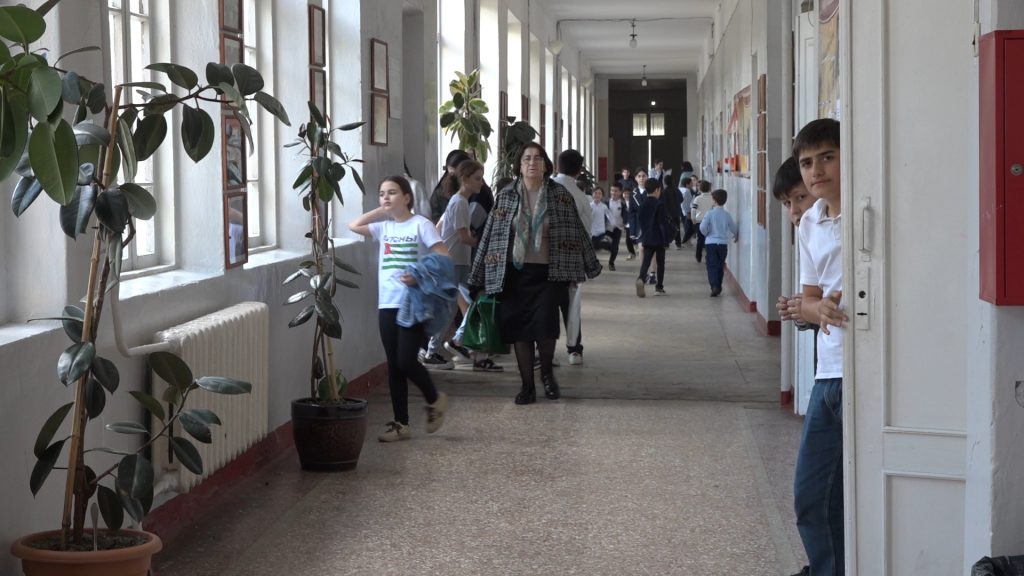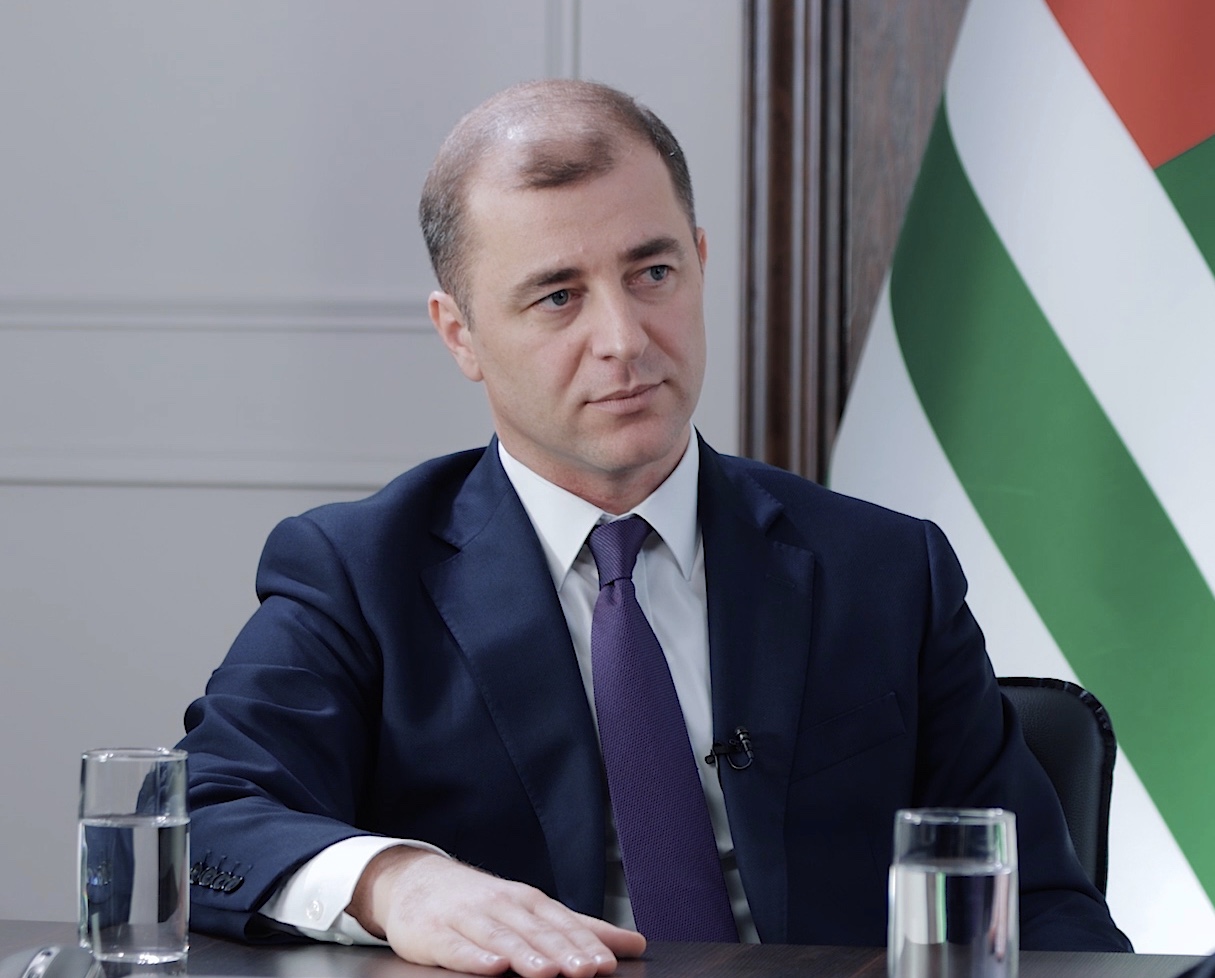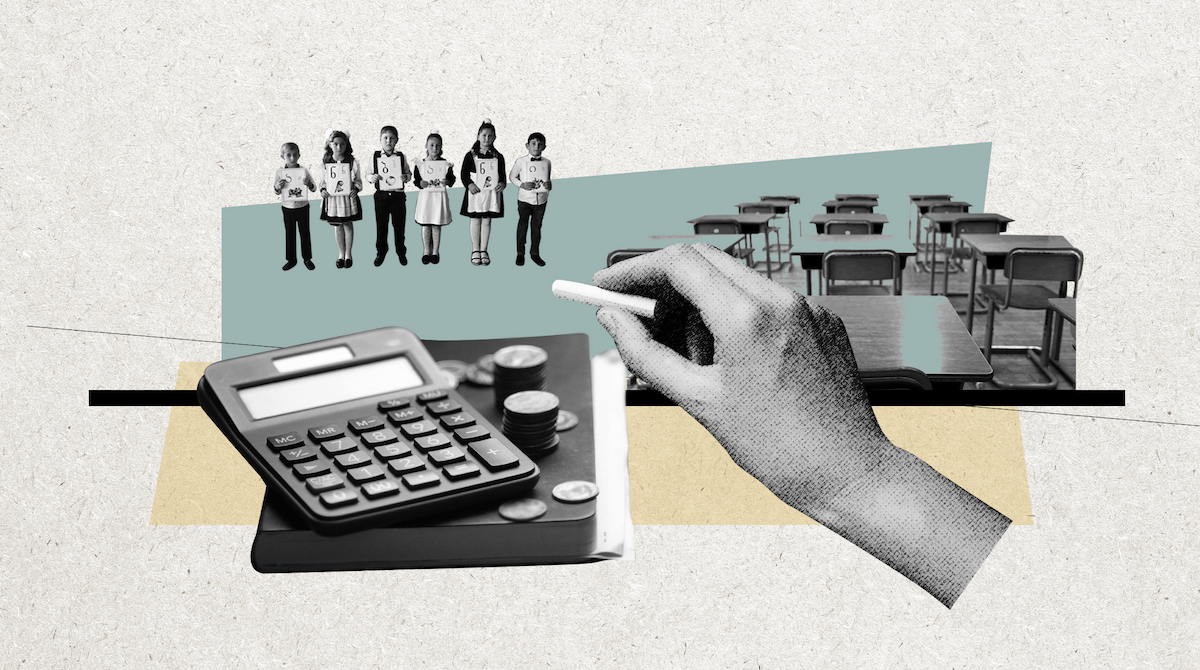Tutoring and relatives in the village: survival secrets of teachers in Abkhazia
Teacher salary in Abkhazia
Since September 1, Russia has ceased co-financing the salaries of public sector workers in Abkhazia, including secondary school teachers, effectively stopping the supplementary payments. However, according to the teachers themselves, they are indifferent to this change.
Here’s why.
10 teachers resign
Even before the announcement of the end of co-financing, ten teachers resigned from a school in Sukhum one after another. Although they did not resign together as a form of protest but individually, the reason for all of them was the same: low salaries.
One of the resigning teachers was Amina*, a recent university graduate.
Living in a village, Amina spent two hours commuting to and from school each day. As a young specialist, she was not given a heavy workload—working with high school students requires experience and stress resistance, and it is believed that young teachers are not up to the task. A lighter workload also means lower pay. Amina earned 12,000 rubles [about $133] per month, including a 33-dollar Russian supplement.
During the summer holidays, Amina found another job unrelated to teaching, just fifteen minutes from home, with a salary twice as high.
Another teacher started a travel agency and began earning ten times more than at the school.
A third teacher pursued a PhD and chose to focus on academia.
- “We owe no one anything.” Views from Abkhazia on Russia’s cessation of financial aid
- “The world denies our existence”. How Abkhazia’s young people are doing after EU sanctions
- “To teach how to learn and love”: First children Crisis center opens in Abkhazia
Unreachable maximum
Saida, a former colleague of these teachers, says she understands their decision. She continues working at the school only because she supplements her income through tutoring, conducting extra classes, and regularly receiving products from farming relatives.
“The most frustrating thing is that the finance minister publicly states that teachers in Abkhazia earn an average of 27,000 rubles [about $300]. In reality, it’s only 113 dollars,” Saida complains.
To achieve the highest possible salary of 29,000 rubles [about $318], teachers would need to conduct 45 lessons a week, or nine lessons a day. According to teachers, this is very difficult.
“We also have additional payments: 800 rubles [about $9] per month for class supervision and 200 rubles [about $2] for grading notebooks. And grading needs to be done for around 70 notebooks a day, often at home, which takes time away from our own children,” explains Saida.

Invisible supplement
All the teachers we spoke to say they are not at all concerned about the end of Russian co-financing, as the supplement was so minimal that it hardly affected their family budget.
“My main income comes from tutoring. I earn about as much in a week from that as I do in a month at school. I’m confident I won’t be without work, whether I am fired, decide to leave the school, or if schools in Abkhazia close altogether,” says Liya, a Russian language and literature teacher. “The only thing keeping me here is the team, my love for children, and the joy they bring. And, of course, the work experience.”
Izida, a primary school teacher who also runs an after-school program, shares a similar view: “Good primary teachers will always be in demand in Abkhazia. I never worry about making a living; the work finds me. I earn more than 100,000 rubles [about $1,100] a month, almost without leaving my home.“
Staff and funding shortages
Teachers attribute the shortage of staff in schools to young people not seeing career prospects in the profession and being reluctant to build experience and reputation.
“Young people want big money right away, but our profession often comes with a lot of stress at the start. Without improving one’s qualifications, it’s hard to become a sought-after educator. And that’s challenging,” says an older teacher.
According to deputy minister of education Ada Kvarchelia, Abkhazia is facing a catastrophic shortage of teachers in the exact sciences—mathematics and physics.
“These are subjects crucial to our technological and economic independence. We need to address these issues urgently,” says Kvarchelia. However, she is unsure of how to resolve them.
- Does tuition at Azerbaijani Universities match costs and teaching quality
- Thousands of vacant university spots in Armenia: What’s the issue and what needs to change?
As for salaries, which have decreased further after the end of Russian co-financing, according to Vladimir Delba, the first deputy prime minister and minister of finance, obligations to pay public sector salaries are included in the main part of local budgets. If these budgets fall short, the Ministry of Finance will implement measures to protect the budget:
“Expenditures will be cut, but we must ensure the fulfillment of social obligations, as they contribute to local budgets through income tax payments,” said Vladimir Delba on Abkhazian television.
This means that spending on other items will be reduced, and the saved funds will be redirected to salaries.
*All teachers’ names in the article have been changed.
Toponyms, terminology, views and opinions expressed by the author are theirs alone and do not necessarily reflect the views and opinions of JAMnews or any employees thereof. JAMnews reserves the right to delete comments it considers to be offensive, inflammatory, threatening or otherwise unacceptable.




















